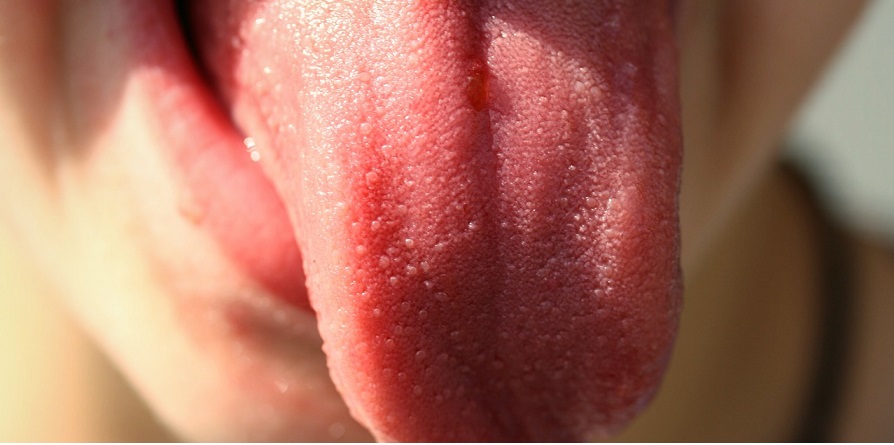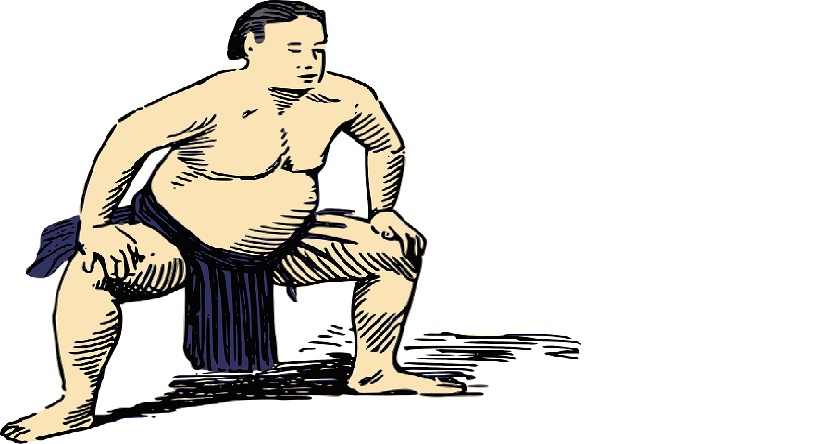Tongue ulcer is open sores on the tongue, that are very painful and raw. That can make eating, drinking and talking uncomfortable. Canker sore is one of the most common types of tongue ulcer, which may arise for an unknown reason and linked to a number of different irritants. It may arise from a variety of conditions such as viral infection, oral cancer or injury to the tongue. This is a non communicable disease, there is extremely no need to be worried about passing them on to other people, or catching them from a dirty cup or by kissing.
It’s become a very common problem and about 20% of people have tongue ulcer. The canker sore is exactly the same thing as "aphthous stomatitis" or "aphthous ulcers". Tongue ulcers appear as a light colored inflamed area on the tongue. These are very sensitive to hot or cold substance and seem sunk on the tongue surface in some cases.
In most cases, tongue ulcer are not serious and will fade on their own. However, you need to seek a health care professional when it becomes bigger or you receive chronic mouth sores. Some of the common causes and symptoms are listed below, that will help you to identify the problem clearly.
Causes of Tongue Ulcer
Oral hygiene
Lack of sleep
Food allergies such as citrus fruits
Medication side effects
Vitamin deficiency (iron, Vitamin B12)
Emotional stress
Hormonal imbalances during menstrual periods
Sodium lauryl sulfate toothpaste side effect
Physical trauma
Sudden weight loss
Symptoms of Tongue Ulcer
Tongue ulcer, usually found on top and sides of the tongue, and begin as tiny red swellings. That can usually burst within a day or two, and resulting sores are covered by a thin layer of white or yellow tissue, and usually have a red halo around them.
Sometimes they do not need any medication and professional help, as they can treat on their own within a few days. It's unusual to get a high temperature, and irritation while eating or drinking. However, sometimes you need professional help when you feel this problem become longer. It is possible to get them at any age. Some people only get them once or twice a year, while others may have an almost non-stop run of canker sores. As soon as one area heals up, another area breaks out.









